Radio’s mental health check: Are we OK?
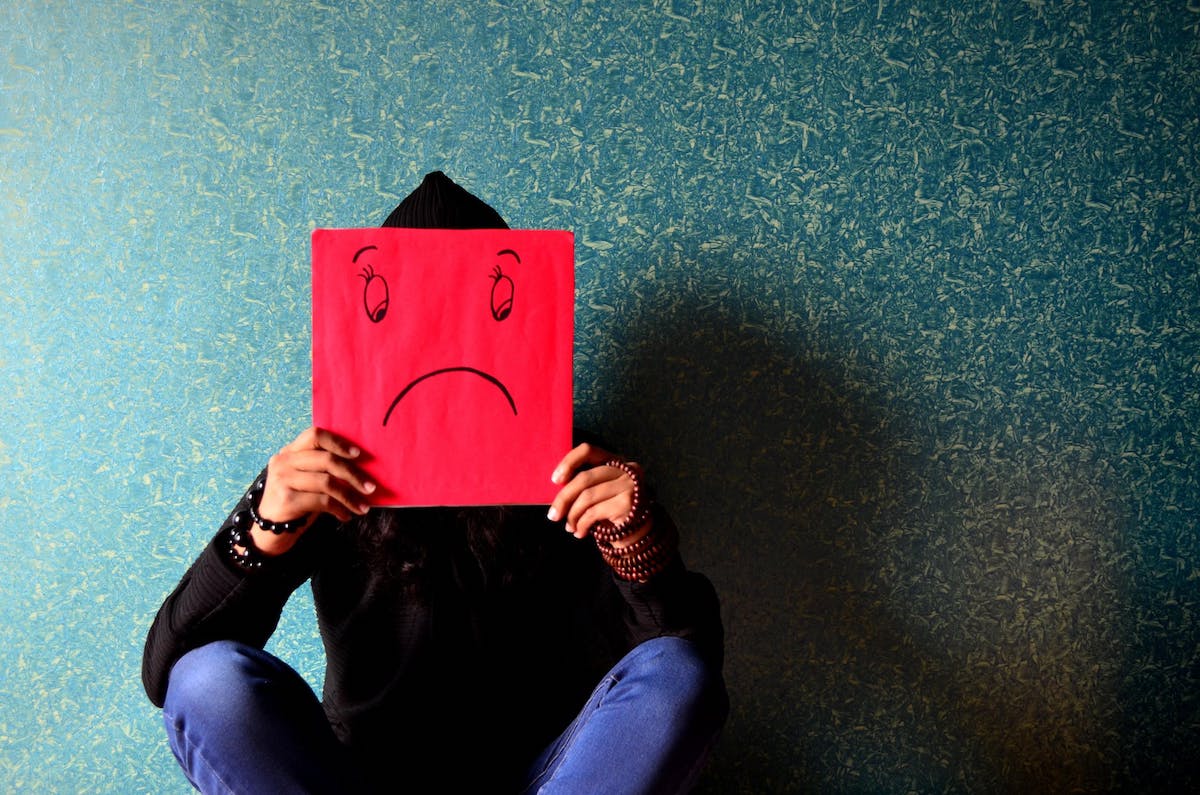
“I’ve been very, very grateful for my radio career. It’s actually saved my life a couple of times.”
Looking back on his teenage years, it’s now obvious to Christian O’Connell that there was anxiety in his life – and in his nervous system.
“But in the 80s, that word hadn’t been invented,” O’Connell says.
“You were told just to stop being so sensitive and ‘man up.’”
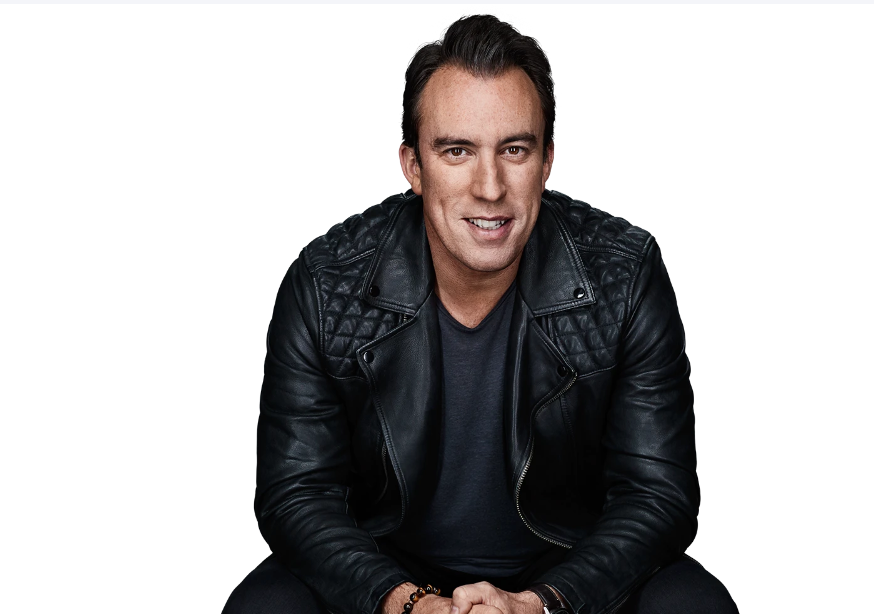
The top rating Breakfast host on Melbourne’s Gold 104.3, O’Connell opens up about his crippling panic attacks during an emotion-charged interview on Andy Coulson’s Crisis, What Crisis? podcast.
Man up. Harden up. Suck it up. That used to be the norm in terms of how we dealt with mental health issues. But how much has really changed since the 80s?
“In Australia, there is a massive men’s mental health crisis,” O’Connell says. “And it’s actually getting worse.”
O’Connell feels that men find it very, very hard to ask for help.
“There is a real problem with men in how we are raised and how we’re not allowed to feel our emotions safely, and that can only manifest itself in bad ways.”
Slowly but surely, the radio industry has been chipping away at breaking down the stigma.
Just this month, Bryce Mills opened up about his own mental health struggles, after announcing his decision to leave his hosting role on triple j Breakfast.
Mills explained that while it was his dream gig, he was burnt out by the demands it placed on him.
In May this year, Alex ‘Strawny’ Strachan took a break his role as host of Triple M Mid North Coast Breakfast to take care of his mental health.
Triple M Melbourne Breakfast host Marty Sheargold announced last October that he was taking an extended break, saying he was mentally exhausted.
Then there’s Mel Greig, who detailed how – during the fallout from the royal phone prank – her own mental health suffered as she battled the online trolls who spewed forth a relentless barrage of hatred on social media.
Yep, social media: A toxic cesspool that we DIDN’T have to deal with in decades past. Though one former colleague reminds me there were some in the industry “who would pump you up and pull you apart in one breath”- the same way social media does now.
There are countless other stories like these and – given the pressure-cooker environment of radio – resilience expert Graeme Cowan is a big believer that media industry teams need to pull together and have each other’s backs.
“It’s important for people who work in radio to accept that self-care isn’t selfish,” Cowan says.
Cowan encourages radio executives to check their mood, and be aware of it when making decisions, using the Moodometer system.
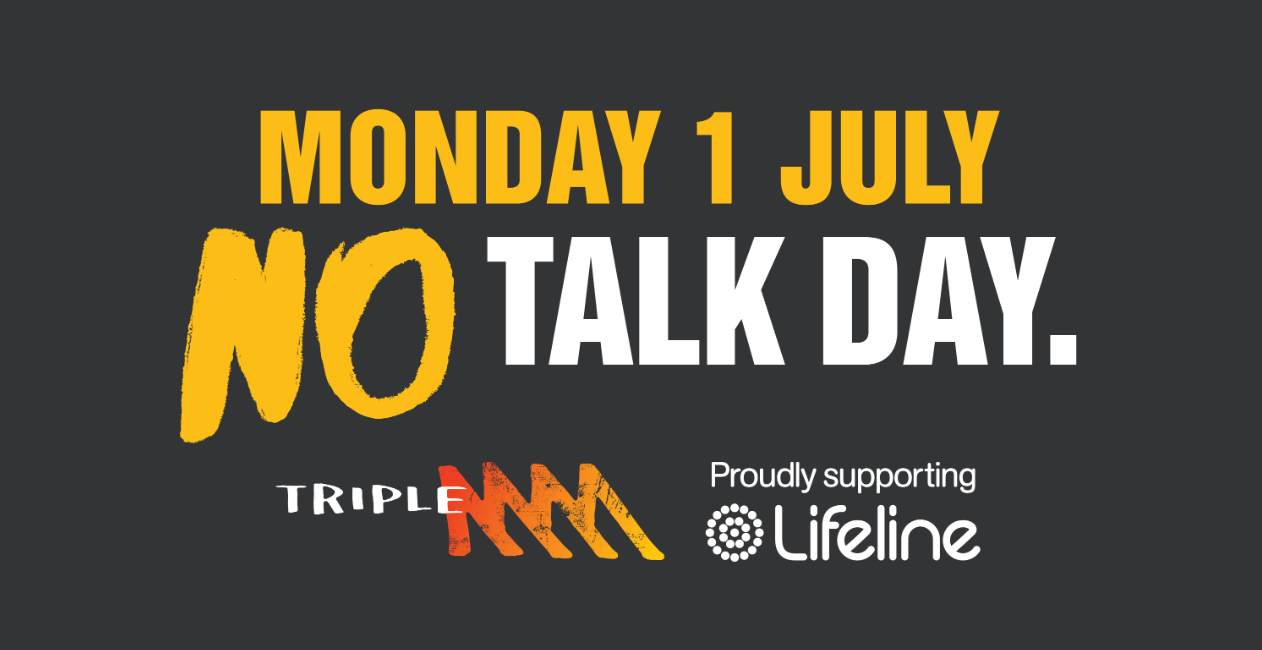
In recent years, Triple M has introduced its No Talk Day – now in partnership with Lifeline – where all 43 of its stations across the country go to air with no ads, no shows, no announcers, no news and no traffic – in the hope of helping people to start a conversation around mental health.
In 2021, ARN and KIIS Drive co-host Will McMahon launched a mental health check-in app called Share My Mood.
McMahon said at the time “I know that one of the hardest things to do when you are experiencing mental health issues is to actually ask for help or even just let someone know that you are not OK.”
What radio ultimately gifted Christian O’Connell was a way to find himself.
“I think if you’re lucky in life to find work that brings you alive, whatever you choose to do in life … what you love will destroy you at times as well,” he says. “It just does.”
O’Connell – in his interview with Coulson – admits a lot of his career has been characterised by burnout and overwhelm.
“I’m not very good at reining myself back in sometimes and looking after myself.”

O’Connell notes that when we reach our mid-forties, shit gets real. Life catches up with us.
“And it caught up with me. I wasn’t listening to the little quiet moments and then suddenly they literally … there was a life quake. It stripped away everything and it forced me to listen to it.
The day his wife Sarah said to him “I think you need help,” O’Connell says it was one of the hardest things to hear.
“At the time my ego took it as, “I think you’ve just f**ked up.” It’s not what she meant. It’s not what she said, but it’s what I interpreted it as.”
“I remember going to see a therapist for the first time. He goes, “You don’t want to be here, do you?” And I went, “No. I think therapy is for people who have f**ked up, and I’m not a f**k up.”
“And he goes “Well, why are you here?” And I said, “This fear, I just want it cut out of me, that’s what I actually want.”
O’Connell says the therapist laughed.
“He says, ‘I’ll go and get a knife. Where do you think is it in your body? I’ll cut it out for you, and I’ll be the richest surgeon in the world if I can cure people of panic attacks just by cutting it out of them.’”
O’Connell says getting therapy changed his life.
“Most of us, the way we talk to ourselves is awful. You are a bully, that voice in the head at times is a bully.”
“If you spoke to anyone else like that – your partner, your kids – you’d be a monster. But you’ve got no problem with speaking to yourself like that.”
O’Connell remembers even as recently as a year ago arriving at work and suddenly feeling an early panic attack coming on.
“I was like ‘Oh no. Not now. It’s all going so well.’”
O’Connell talks about rehearsing future failure: “I’m going to go in the studio and explode and they’re all going to go ‘Oh my God, he’s cracked again. He’s lost it.’ And I’ll get fired, and I’ll get found out.”
He says bringing oneself back ‘to the moment’ takes hard work.
“I’m still going to have that little rise, but now it feels like it’s an old friend and I can almost imagine it on the passenger seat on the way to work, and go, “Yes, I am a bit tired today. I haven’t been looking after myself. I need to go to bed a bit earlier. I know, listen, you can come into the studio with me, you just can’t smash all the equipment.”
O’Connell believes podcasting has opened up a new world of new possibilities in the mental health space.
“I think the wonderful thing about podcasting now – you’ve got these conversations where they are actually about the stuff that we’ve never ever been able to properly talk about and go into, into depth.”
“And it’s transformative. A single conversation can change somebody’s life now.”
*To access support from Lifeline, call 13 11 14 or go to lifeline.org.au/talk.


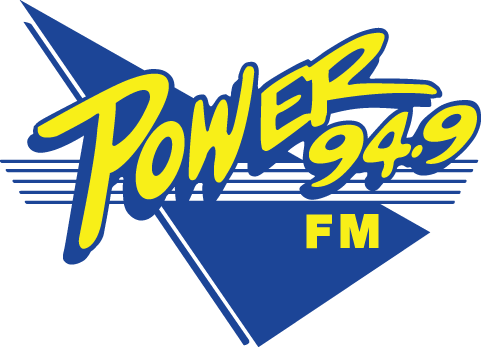
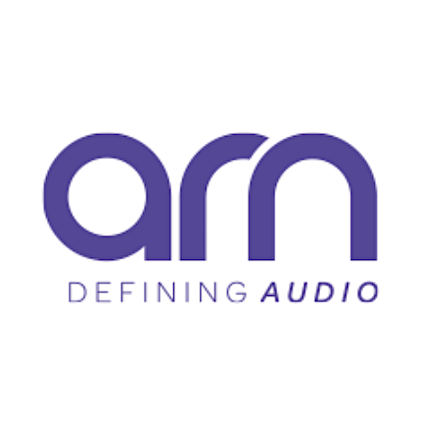
We’re lucky, now, that the stigma has shifted on mental health.
I’m so bloody glad it has.
Please, keep checking in on your family and friends.
It’s daunting and hard to ask for help, but it will be the best thing you ever do.
And their are radio stations that do not give a thought of sacking people over the phone no duty of care one day hosting logi winning next day gone ýou know whos better to be out of toxic work place
Don’t tell your bosses you have mental health issues, you will be out the door in days.
Triple M has their “No Talk Day” to support mental health on July 1st.
If only their announcers would be invested in it. When the Triple J breakfast host announced he was standing down for mental health reasons, all [they] could do was reply with
“who?” on a radio industry board.
Be better.
This post was edited
Known anxiety sufferer here – sacked in October by way of a phone call from the CD – no chance to say goodbye to colleagues I’ve worked with for seven years, no chance to save stacks of audio on VoxPro or email, just “you’re not a part of the team going forward”… and they have the gall to say they support mental health. At least let a person come and say goodbye and get closure.
I now work in the aged and disability industry and thrive amongst people who do good things for the community and care not just about others but for their colleagues as well.
I was asked to do the brekky show on a regional station, i said sure , sounds like fun, i got taken off air 7 months later. It was the best thing that happened to me . I was getting paid an extra $3 an hour to get up at 4am instead of 8am, i used to say to myself why am i doing this ?
There was no financial reward , plus i was getting constant flack about why i didn’t do this or do that ?
@tuna mental health is very different to receiving feedback or having to get up early for breakfast radio. Some people really struggle in this industry with mental health, it sounds like performance management to me which isn’t the same. I’m sure if you reached out to the radio station for support, they would have helped you as everyone has a duty of care. Every network has this in play.
I think as an industry we need to support those with Mental Health issues and make sure that we don’t cross the line into having a whinge and blaming it on something it isn’t, that’s not fair to those who do suffer from this and try and push through a day.
Radio can be a very damaging industry. I worked on-air and in programming for nearly 20 years and the pressure could be so intense. Far more intense than anything I have experienced since leaving the industry. It was my dream gig and I had to walk away. The dream has gone, but at least the money is better outside of radio!
Even today, 10 years later I still have nightmares about being on-air and everything going wrong. These happen whenever I’m stressed. I’m told it’s a form of PTSD!
Radio is creativity.
Creativity and anxiety go hand in hand.
Radio is the worst for handling anxiety and mental health issues due to “if you don’t rate, you’re out the door” or “you’re not performing to this budget” mentality. Plus there’s unnecessary pressure to be on top of your game. Just because your staff give 110%, doesn’t mean you can milk them for 111%.
Look at the talent who have quit the industry. How many are known to have anxiety or mental health issues?
Simply pointing out that the company has access to mental health hotlines helps, but it’s a band-aid solution.
Radio attitude needs to change. Don’t bite the hand that feeds you.
Some of those networks that make a lot of noise about mental health are the same that protect and employ known abusers.
Can’t have both.
Will there be a groundswell of anger among female employees at a certain radio company soon ?
Let’s not forget the ABC the natives are restless in the reservation. Let the wars begin. Sweep the gutters of propaganda and deception from the halls of media.